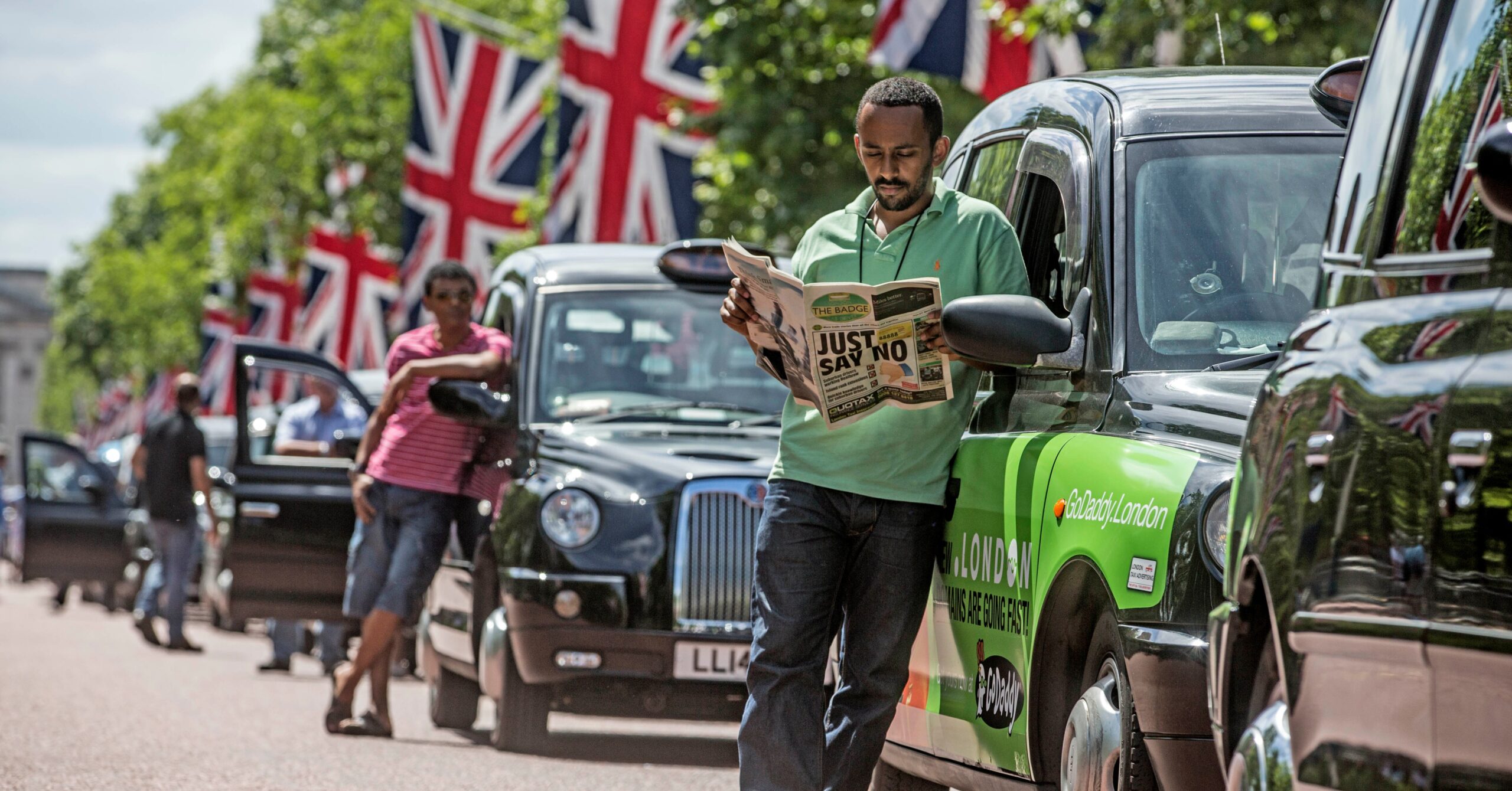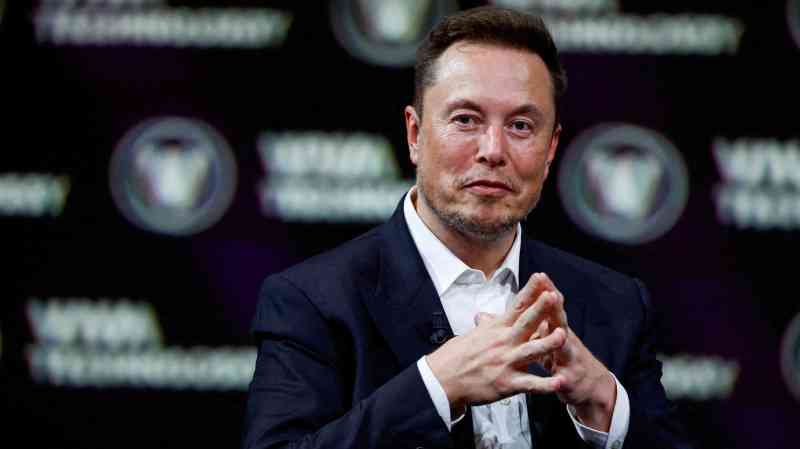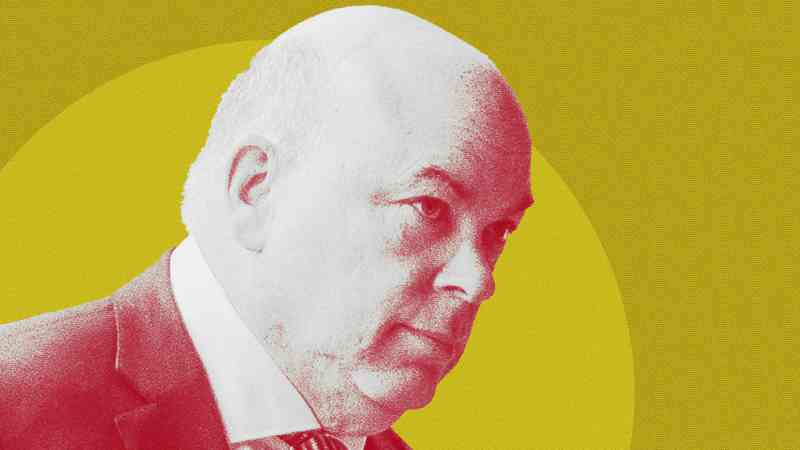Uber shares slide as cost of legal battles hits bottom line
Uber has been hit by the cost of legal battles, reporting an operating income that was little more than a quarter of that expected by Wall Street.
The ride-hailing business said it made $172 million in the first quarter of the year, far short of the $600 million which analysts had forecast but an improvement on last year, when it made a loss of $262 million.
In the three months to the end of March the company had legal, tax and regulatory costs of $527 million, up from $250 million the year before.
Uber said its revenue growth was also “negatively hit” by changes to its business model. It rose 15 per cent to $10.1 billion, from $8.8 billion the year before, while the total value of bookings made through the platform rose 20 per cent on the year to $37.7 billion, slightly less than expected.
The shares closed down 5.7 per cent, or $4, at $66.43 in New York last night, valuing the company at $138.3 billion.
Uber has been dogged by litigation since its inception, including over competition issues, tax and employment of its drivers.
It has been forced to change the way it operates along the way. In 2022, in response to a UK High Court ruling, it had to alter its structure to have a contract directly with passengers rather than with drivers.

In March 8,000 Australian drivers won $178 million in compensation, claiming that they had lost income when Uber “aggressively” moved into the country.
The company has other lawsuits coming down the track, including from 11,000 London black cab drivers who filed a suit last week, alleging that the US business deliberately misled Transport for London about how the app worked from 2012 to 2018.
According to RGL Management, the firm handling funding for the case, cabbies could get £25,000 each. Uber’s latest London licence is due to expire at the end of September.
Uber has denied the allegations and says the claim is unfounded.
In 2021 the UK’s Supreme Court ruled that Uber drivers were workers rather than self-employed, which meant they were entitled to the minimum wage and holiday pay.
Uber reported an annual operating profit for the first time in February, marking a significant turnaround for the business. When it unveiled its 2019 float, it had warned there was a danger that it would never make a profit.
Uber was founded in 2009 by Travis Kalanick as Ubercab Inc. It has about 32,000 employees worldwide, with operations in 70 countries.
Dara Khosrowshahi, the chief executive and a former boss of the travel business Expedia, has expanded the company’s offering into a wide range of transport options, including trains in some markets such as Britain.
Commenting on the results, Khosrowshahi said: “More than seven million people now choose to earn flexibly on Uber every month, with driver earnings of $16.6 billion continuing to grow faster than our topline.”
Freight continued to drag on the business as revenue from the division fell by 8 per cent on the year, a victim of a “challenging” environment in the sector, the company said.
Overall it continues to grow and has forecast gross bookings of between $38.75 billion to $40.25 billion in the second quarter of the year, a rise of up to 23 per cent on the year before.




Post Comment